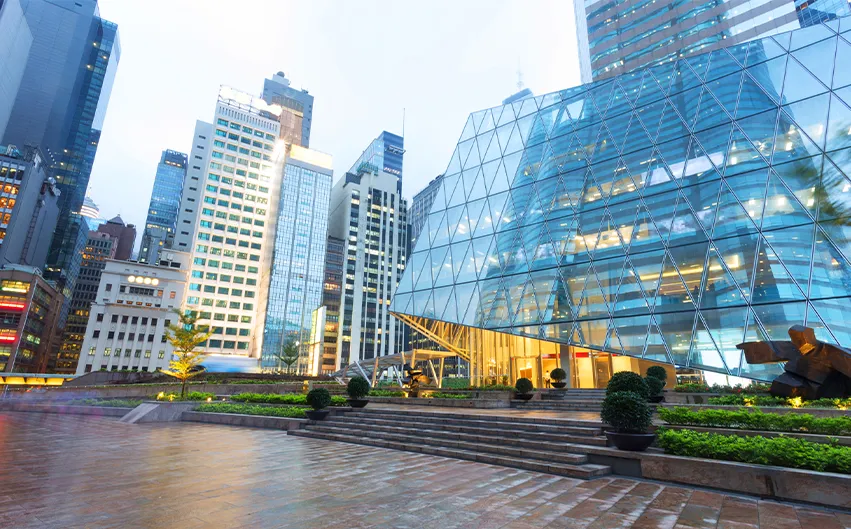Blog
Commercial Real Estate in India: An Opportune Investment
Powered By - FamilyandFlats • July 17, 2025

India’s commercial real estate (CRE) market is undergoing a transformative shift, making it one of the most promising investment avenues in 2025 and beyond. With a robust economic trajectory, an expanding startup ecosystem, favorable government policies, and rising demand for quality office, retail, and industrial spaces, CRE is no longer just the playground of institutional investors—individual investors are entering the fray too.
India’s Economic Momentum Fuels Commercial Growth
India's GDP growth, despite global economic uncertainty, continues to outperform most major economies. This growth is translating into a rapid expansion of businesses, both domestic and international. Major metropolitan areas such as Gurugram, Bengaluru, Mumbai, Pune, Hyderabad, and Chennai are experiencing surges in office space demand. IT, e-commerce, fintech, logistics, and co-working sectors are the key drivers. A younger workforce and a growing urban population mean that businesses are continually scaling their infrastructure. This increase in commercial activity naturally fuels demand for office spaces, logistics parks, warehouses, data centers, and retail outlets.
Institutional Investors and REITs Elevate the Market
One of the game-changers for CRE in India has been the introduction of Real Estate Investment Trusts (REITs). REITs have opened doors for retail investors to participate in income-generating commercial properties with lower capital requirements and greater liquidity. This innovation has added transparency and professionalism to the sector. Global investors—private equity firms, pension funds, and sovereign wealth funds—have poured billions into Indian CRE over the past decade. This inflow has brought global best practices, making Indian commercial assets more competitive and attractive to a wider pool of investors.
Government Policies and Reforms Boost Investor Confidence
The Indian government’s pro-business stance has laid a strong foundation for CRE. Reforms such as the Goods and Services Tax (GST), implementation of the Real Estate Regulatory Authority (RERA), and ease of doing business initiatives have increased transparency, accountability, and investor confidence. Special Economic Zones (SEZs), the Make in India campaign, Production Linked Incentive (PLI) schemes, and the National Logistics Policy are providing added impetus to commercial development in manufacturing and logistics. Furthermore, infrastructure upgrades such as metro rail networks, expressways, and smart city projects are improving connectivity and enhancing the viability of commercial developments in Tier 2 and Tier 3 cities.
The Road Ahead
The commercial real estate market in India is poised for long-term growth. As economic fundamentals remain strong and urbanization accelerates, the need for high-quality commercial infrastructure will continue to rise. With evolving asset classes like co-working spaces, industrial parks, and data centers gaining momentum, CRE is evolving into a diverse and resilient investment option. For both seasoned and first-time investors, the time to enter or expand in India’s commercial real estate market is now. With the right strategy and market insight, CRE investments can provide strong, stable returns and portfolio diversification.